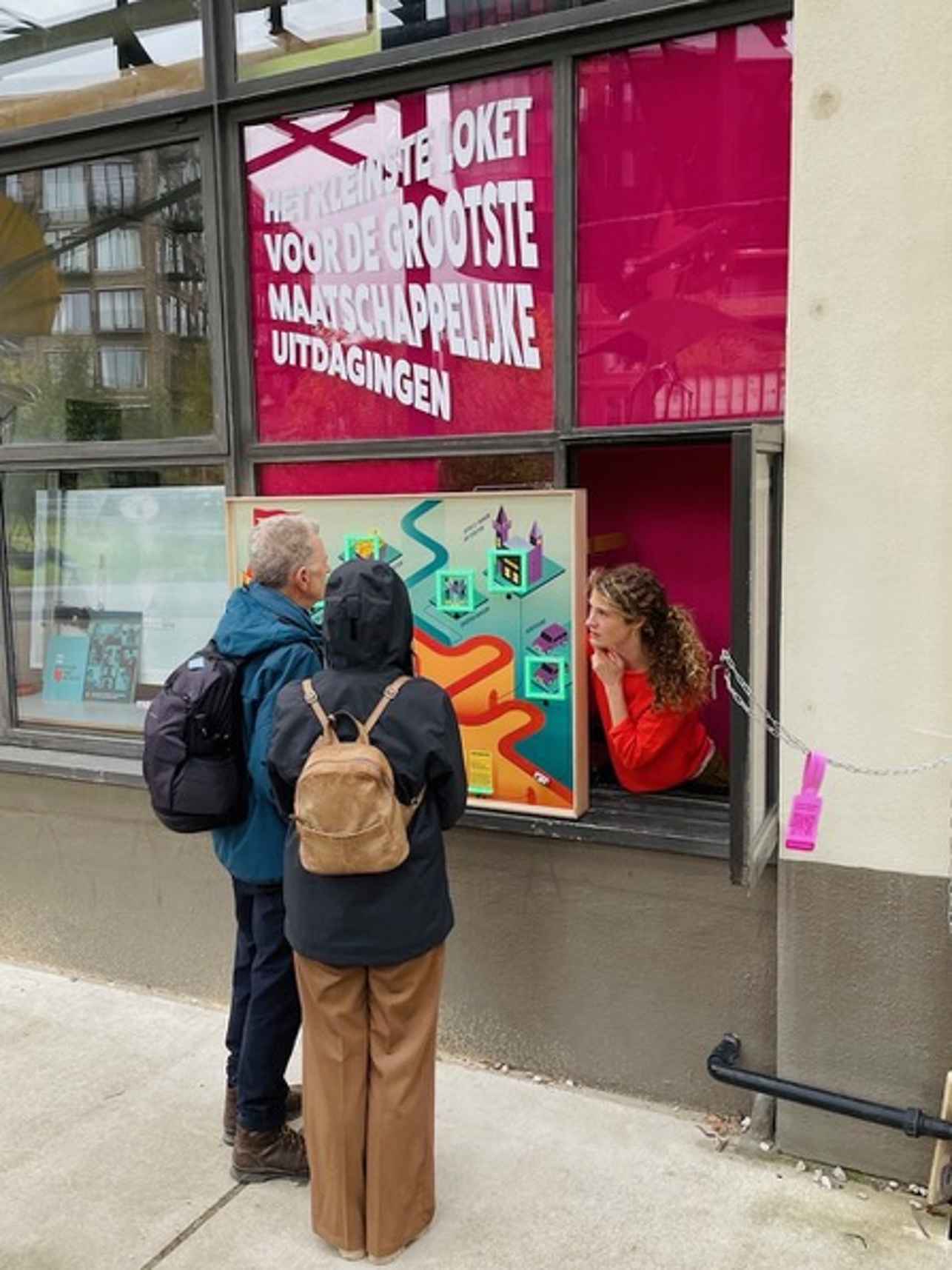Inclusive Society through Art and Design

The experimental project Awe in Immersive Art for Societal Transformation brings together experts from art, design, psychology, digital humanities, and cultural mediation from across Europe to explore how awe experiences in immersive art are created and how they can be scaled for societal transformation.





